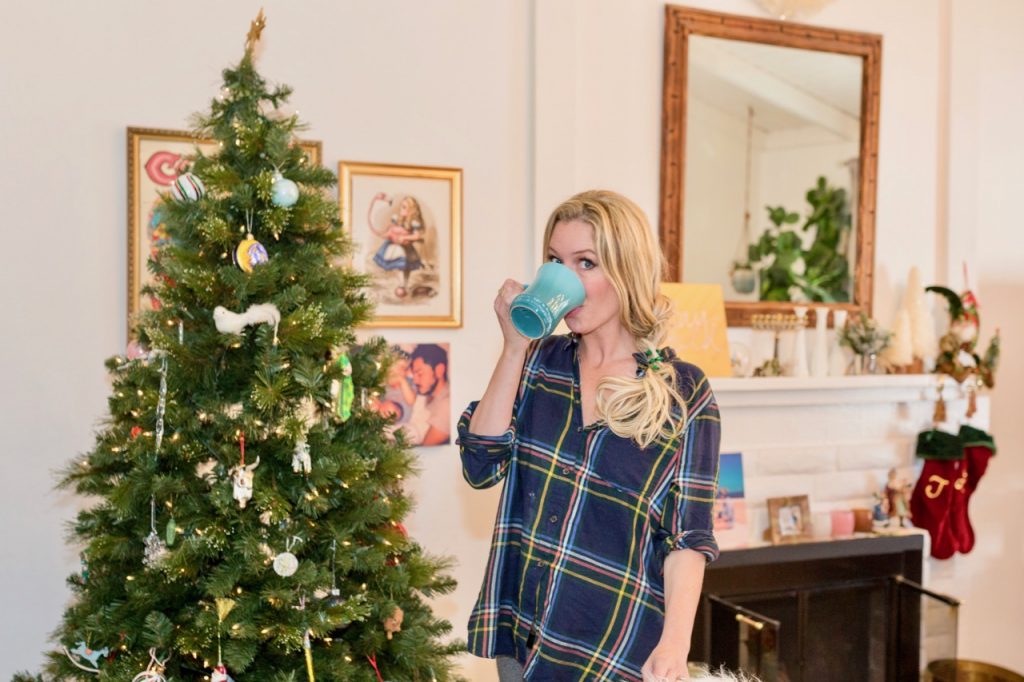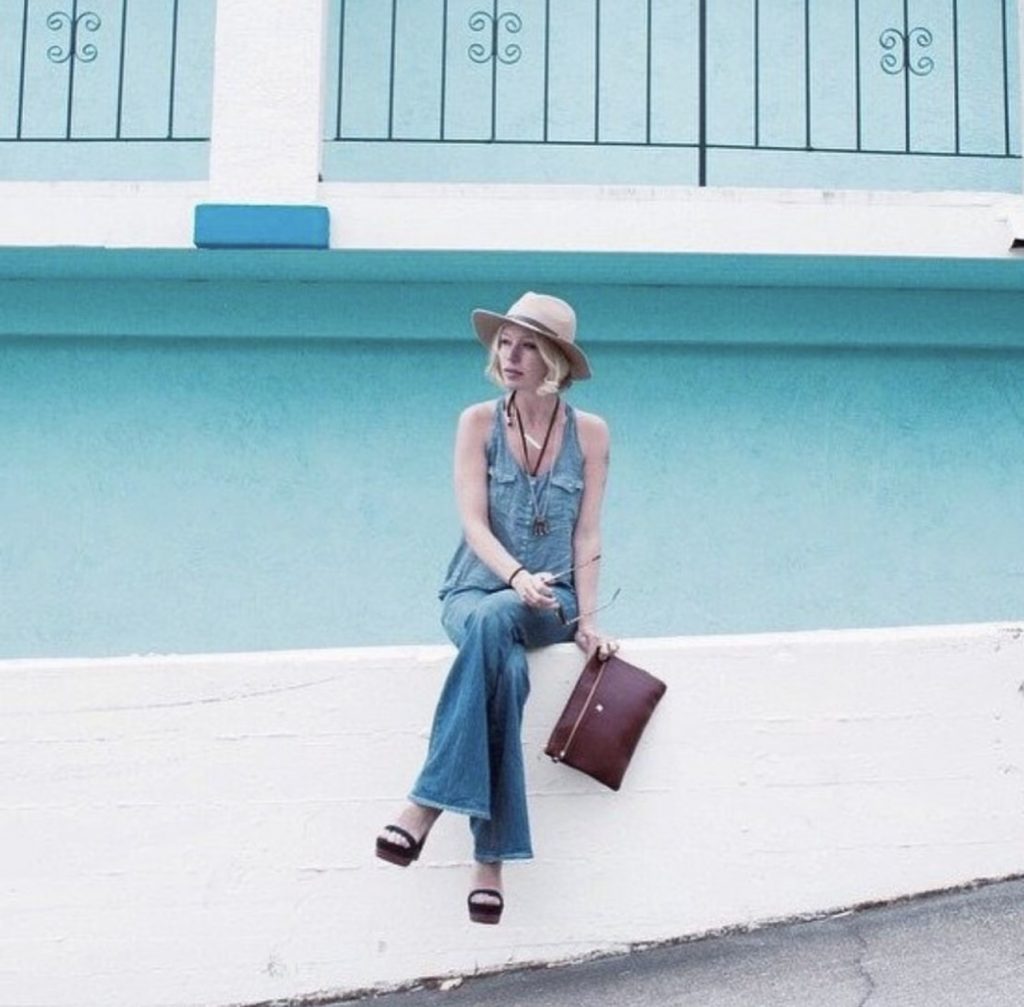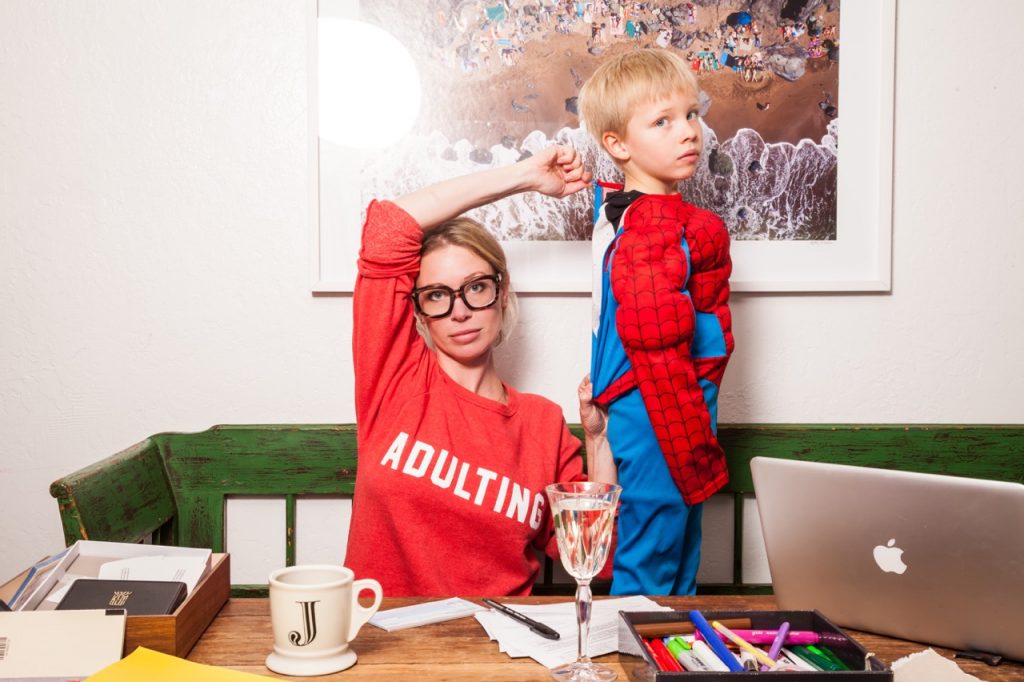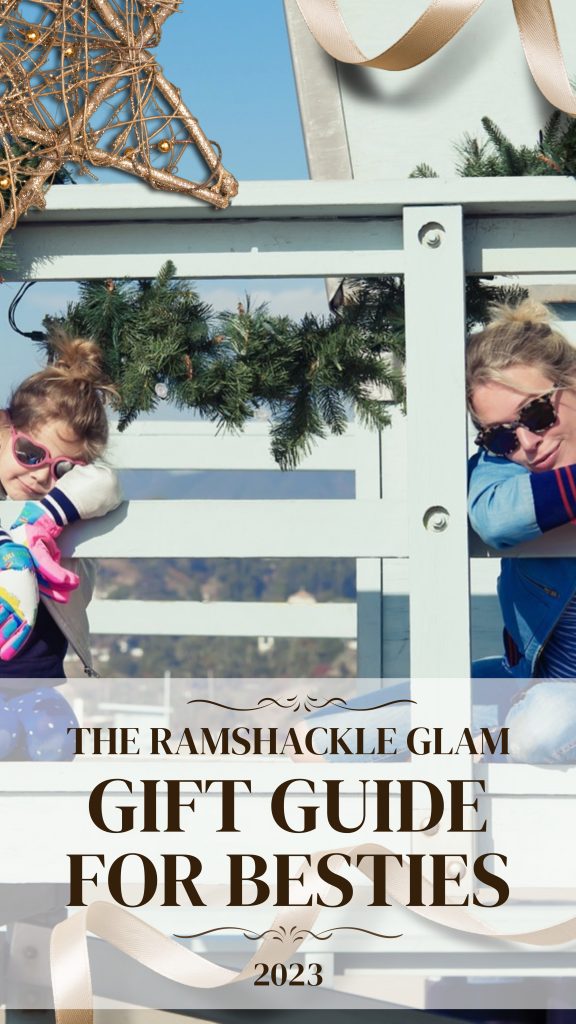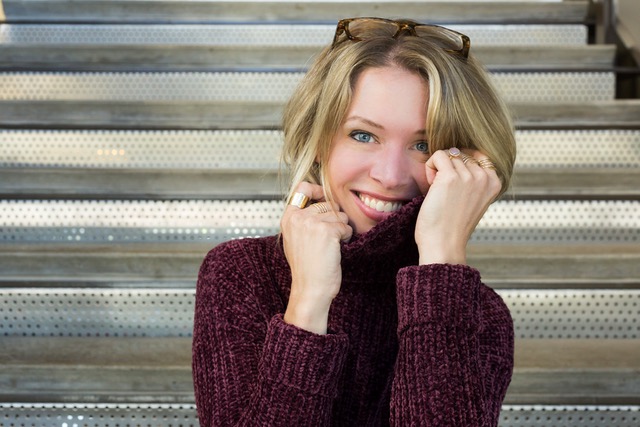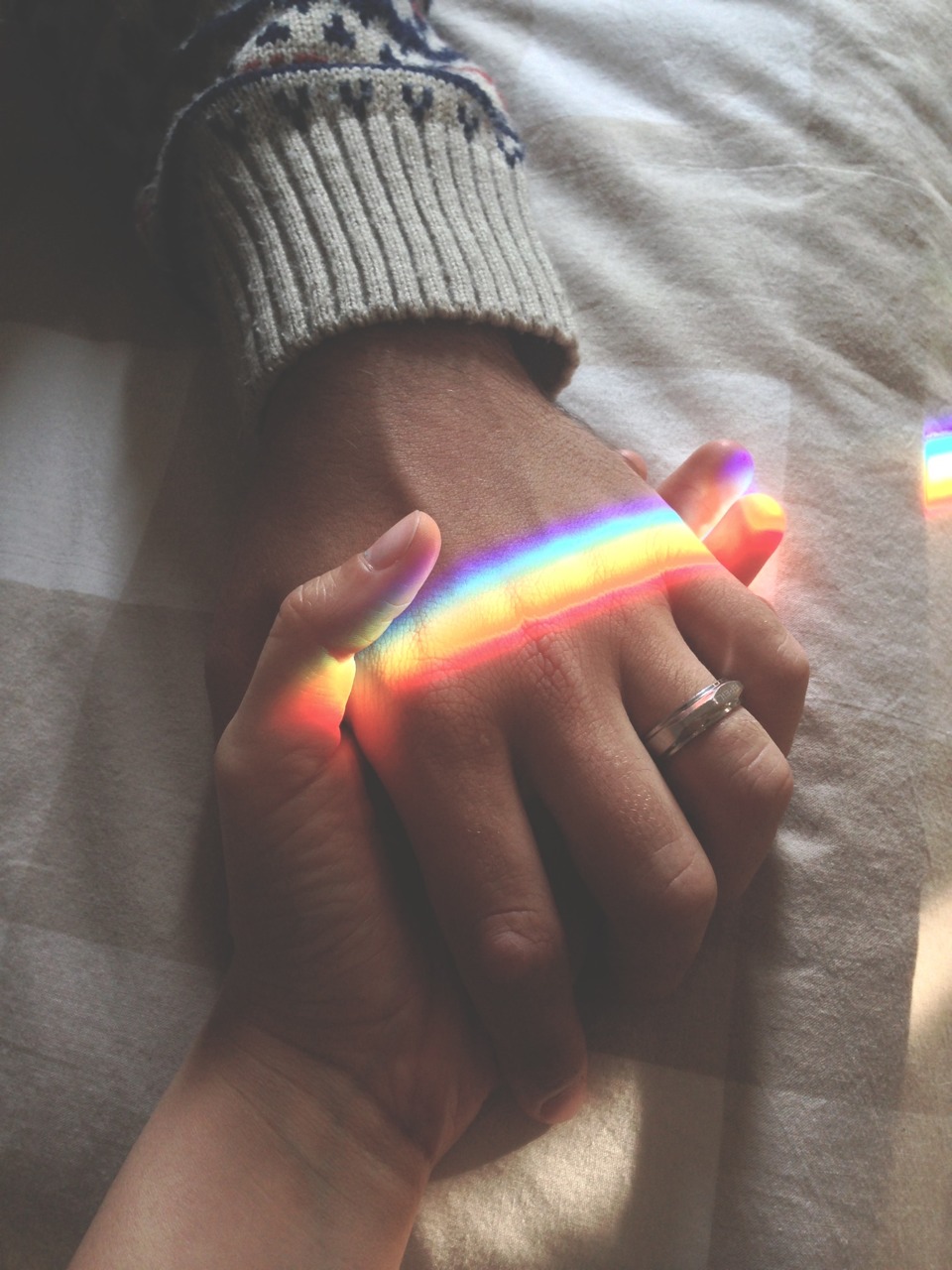
Just FYI: Finding PG-13 (or R)-rated images to accompany a post on polyamory presents quite the challenge.
I have this friend. We’ll call her Charlotte. Charlotte is one of my closest friends, actually – someone whom I’ve known for years and years, and who I trust enormously, like family. We met when she was single, and over the years I watched her date around, then find a long-term partner, then move in with him. One night, sitting at their kitchen table over sushi and wine, Charlotte and her partner told me – in the same tone of voice you’d use to tell someone about a cool new restaurant – about a party they’d gone to the other night where they’d both had sex with other people.
Oh, really?
…And how did that go?
It turned out that they’d been exploring an open relationship for some time, having slowly come to realize that it was a lifestyle choice that they were both interested in. As of today they’ve been living together while seeing and sleeping with other people for going on five years – and Charlotte’s story isn’t just fascinating for the obvious reasons (Are there rules?! What are the rules?! What did you do last weekend?! TELL ME EVERYTHING); it’s fascinating because I know this woman very, very well – and over the past few years she has transformed. And I do think that this transformation has occurred in part because of the confidence, perspective, and clarity about the meaning of partnership (and the importance of self-sufficiency) that her experiences have afforded her. And sure, while much of what she’s learned doesn’t quite apply to my own relationship (how to properly execute the “Eiffel Tower” position during a threesome pops to mind as one example), a lot of what she has to say would, I think, speak to any two human beings trying to navigate their way through life together.
The girl is wise. She also has some great stories.
So I interviewed her.
![]()
Q. Let’s start with a quick explanation of how you self-identify and a rundown of relevant words so that I don’t say or ask anything horrifyingly insensitive or offensive out of pure ignorance. OK?
I won’t be offended, but here: My partner and I call ourselves “open” – we’re in an open relationship, which essentially means we are in a relationship but we’re open to the shape of that relationship being nontraditional and freeform. “Polyamorous” isn’t how we identify ourselves (and is a much-debated term), but what the word means in Latin – many loves – speaks to our experience.
We’re both straight, so we date people of the opposite sex, which I’m kinda bummed about. I would love if we were a little gay-er, ha ha, mainly because I know so many amazing, cool, brilliant, and beautiful women, in the world generally and specifically in our little community. I also think my partner wishes he had more flexibility in terms of his attraction towards men because it sometimes feels like his disinterest limits what we can explore. And also because a good amount of women just love watching guys together, and he wishes he could be with a guy because he knows how much it would thrill us.
Q. What’s your relationship like at the moment? Are you dating anyone else? Is he?
We live together and are each other’s primary partner, and date both separately and together (on double dates where we each bring one of our secondary partners). We also go to play parties where we meet potential new partners – although I just call them sex parties, because I hate the term “play party,” and because sex parties is what they are. Right now we both have a couple of long-term partners, and a couple of new and more exciting ones, and I’m personally exploring one particular new relationship that’s veering into “love” territory, which is crazy and amazing.
Q. We obviously have to get back to that, but in the meantime, walk me through a typical evening for you guys.
Weekend nights can involve socializing with friends, going to shows, or Netflix on the couch, and can also involve going on dates with other people, or double dating with other partners, or going to sex parties.
Q. Sorry, I have to ask you to tell me what these parties are like because my weekends are spent watching animated characters make fart jokes, so a “sex party” is not a thing I can easily picture.
Honestly, they’re like any big party. There’s drinks, there’s music, and there’s dancing. And then there’s also people kissing, getting naked, and having sex.
Q. See, that last part is a pretty big detour from the parties I go to.
You know, I get why it seems so crazy and different, but even in this sort of wild environment there are more normal social conventions than not. There’s small talk, there’s awkward moments, there’s long lines for the bathroom, there’s someone suddenly turning on a bright light by leaning on it, there’s spilled drinks and accidentally stepping on someone’s toe. And there’s self-awareness, too – we’re able to step outside of the situation and laugh at ourselves, because come on: there’s so much ridiculousness involved in a room full of naked people.
And the parties also aren’t sexual free-for-alls, which is a common misconception. Consent at these events is hugely important, even central. If you want to kiss someone, you ask. And unless they give you an enthusiastic and clear yes, it’s a no. Any physical contact at all – even touching someone on the shoulder – requires a verbal ask. Giving (and receiving) a good “no” can be hard to do, but I think it’s a valuable thing to learn, especially as a woman. Parties do exist where agreeing to attend essentially means agreeing that it’s open season on your body, but I would never set foot in one of those parties, and neither would any of my friends. I think the only way to make this work is if equality, agency, and safety are central.
That said, I love how hilarious these events can be, and how much of a sense of humor the people who attend them have. Play parties and open relationships have so many stereotypes attached to them, and sometimes I’m struck by that – and my part in it – in a way that just tickles me. And the things you see! So ridiculous.
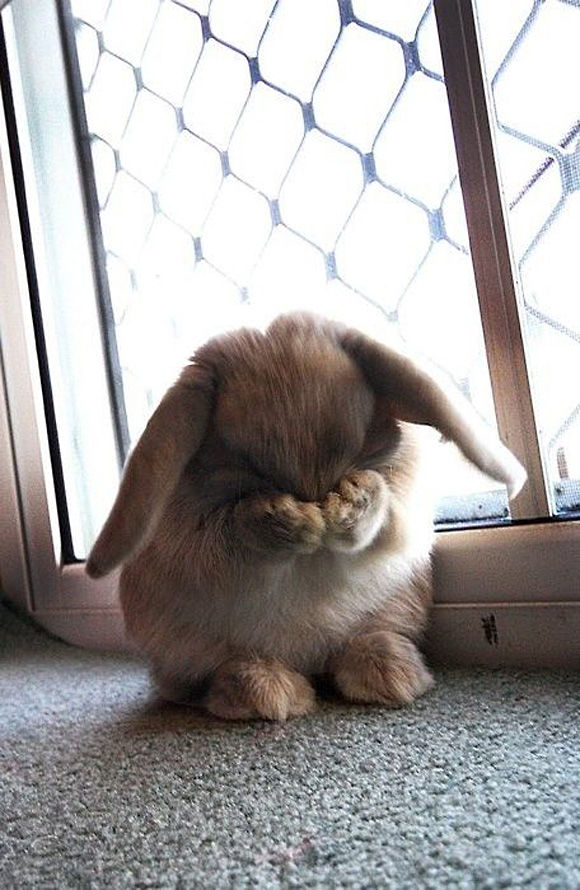
This is me listening to Charlotte’s stories. (Except I totally peek.)
Q. Please oh please oh please tell me the most ridiculous thing that has ever happened at one of these parties. Or the top five things. Or all of the things.
I have a very surrealist sense of humor, and really, few things are more hilarious than being at a party and bumping into someone who’s waiting for the bathroom and checking Facebook while wearing rabbit ears and leather shorts. I’ve watched people full-on wrestling in a kiddie pool with pies being thrown at them, and have walked into a room that’s been completely covered – I mean floor to ceiling – in bubble wrap. One personal favorite was Slut Court – a room in the party was propped like a courtroom and “sluts” (who were cool with that label, agreed in advance to participate, and were fully consenting) were brought in by “cops” and forced to pay for their “slutty crimes” (to a female judge, who was HYSTERICAL). Everyone was 100% committed, and 100% trying desperately hard not to laugh. I clearly failed.
Q. Oh my god. Judge Judy meets Cathouse. I want to see that show. Switching gears: on a personal level, I’ve watched your confidence levels absolutely soar over the past couple of years. Physically, emotionally, all of it. What happened?
To be honest, the biggest thing I’ve gotten from these parties has nothing to do with sex at all. I remember at my first party being just floored by all these women – all shapes, sizes, colors, et cetera – walking around, so comfortable in their skin. I went into the bathroom and stared myself down in the mirror, terrified to take my dress off and walk around in my lingerie – at the time I didn’t even own lingerie; I had to buy it for this party. I took off my dress, looked at myself, and zeroed in on every part that I hated. And then I sucked it up and walked out.
And now, a few years later, I’m one of those women walking around all imperfect and proud of it. That’s something I honestly never thought I’d get to experience.
Equally exciting: becoming friends with women in this community has taught me the power of celebrating other women and their bodies. Through learning to appreciate other women — their beauty, their style, their skill, their kindness, their coolness – and allowing them to do the same for me, I’ve learned how to love myself better and how to reframe women as allies instead of competitors.
Q. Now let’s go back in time. Were you always – for lack of a better word – open-minded?
I’ve always been pretty non-judgmental of others’ choices and interested in the variety and diversity of human sexuality. But my feelings on monogamy and what it means to be partnered were definitely traditional by default.
Q. How did this topic first come up in your present relationship? Who brought it up?
I actually brought it up! We had been dating casually for a little while and I brought it up because I knew we were both dating other people and I wanted to make sure we were both being safe, which started a conversation during which we concluded that we wanted to keep seeing each other and lean more into coupledom, but didn’t want to lose this flexibility. So we laid out some ground rules and set off on this adventure. I read some books in the beginning to get my bearings, and that was really helpful.
Q. For real: how in god’s name does this work from a relationship standpoint? It just sounds so…complicated.
It is very complicated: managing everyone’s emotions, everyone’s needs, the relationship dynamics of all your partners and your relationships with their partners and their relationships with your partners, and so on. And the logistics! The scheduling! Oy! But you get the hang of it.
For me, all the effort is worth it because it brings us both such joy, makes us appreciate what we have together, and has definitely made us much better partners. It’s forced us to learn how to be completely honest with each other, how to communicate our needs clearly, and how to really dedicate ourselves to meeting each other’s needs as much as possible. A lot of these conversations tend to get avoided in monogamous relationships, in my experience.
Q. What are those “ground rules” you mentioned earlier?
First, use protection always, obviously. So far, we haven’t spent the entire night with other people, but we’re both flexible on that and it’s something we both like the idea of. If one of us is having a date at home, we agree on a curfew for logistical purposes – like, maybe the person not on the date is exhausted and doesn’t want to come home and have to socialize with anyone. You need to respect that.
Beyond that, we’ve had a fluid approach to rules – if on a particular day something doesn’t feel right, we discuss it and find a way around it. Our outlook has changed so much over five years that we’re always ready for it to keep evolving.
Q. To a lot of people – myself included – the decision to explore an open relationship suggests a certain level of permissiveness (or maybe looking the other way…?) that I personally would feel incapable of. Where do you draw the line between letting your partner be his or her own person and letting them do things that might be hurtful? Is “letting” even the right word here?
Lots of people take issue with the idea of “letting,” which I understand. But it can feel like that sometimes. I think there’s a balance between being willing to get a little out of your comfort zone – even to the point of risking being hurt – while still protecting yourself from anything that you truly cannot handle. It’s a hard balance to find at first.
In the beginning, I had way more limits I felt I needed to set, but over time they’ve just naturally dissolved – partly because my partner showed me time and time again that he was trustworthy and made me feel safe, and partly because I learned to develop my own sense of self-worth, independent of him.
And we try to thank each other for our “No”s, because we know that having the strength to speak up when something doesn’t feel right is hard. That said, we try to only put limits on each other when it’s absolutely necessary, because we agree that when we both have agency and feel like our full selves, we are much better partners.
Q. I would kill Kendrick if he kissed someone else, forget about sleeping with them. If he did it in front of me, being dead might be the least of his worries. So what’s going on here? Basically: what would you say the main difference between us is?
Lol omg I love you.
Honestly, I think it’s ingrained. I must not have as visceral of a response to jealousy as you do, and I must have more interest in variety. So, for me the benefits outweigh the downsides. It’s really that simple. But! The fact that I was so much more sensitive at first – and over time have become remarkably comfortable – makes me think that some of this is societal and socialization stuff. It’s like any skill – some people are naturally suited and others have to work to develop it. And you have to want it to put in that effort.
If it interested you enough to be worth it, I bet you’d find that Kendrick kissing someone else would get progressively less painful over time, as long as you felt safe. But by that time he’d be in a thousand pieces apparently?
Q. Correct. So what makes you jealous? What about your partner?
When we first got started, seeing him have experiences that were more romantic than sexual would give me some of those weird jealous feelings. But over time, and as I’ve gotten to know myself better, those moments of jealousy seem to be come and go based on how secure I feel in our relationship. When we’re feeling very connected and strong, there’s very little that would faze me. But when we feel disconnected or a little off our game for whatever reason, I get much more sensitive. I think he’d say the same.
What’s really been the biggest game-changer in neutralizing jealousy for me is having these connections with other people myself. I’ve experienced deep, intimate connections with lovely, affectionate people other than my partner, and for the first time ever am even developing feelings for someone else that are approaching love, which is wild. But I’ve seen myself that absolutely none of these relationships affect my love for my partner. These connections not only don’t compete; they aren’t even stored in the same place. They’re wonderful and special, but nothing compares to what we have and what we’ve built.
One word that I think is important in this context: “compersion.” It’s happiness resulting from your partner’s happiness with someone else – essentially the opposite of jealousy. It’s the holy grail and takes time to develop, but it’s so cool, and such a beautiful feeling.
Q. It sounds like you’re saying you’re actually starting to fall in love with one of your secondary partners. How does that change the landscape? I mean…what if you realize you love him more than your primary partner, or want to live with him, or want to have kids with him? How do you protect against that? Or do you?
Well, I’m waiting as long as possible to define this new relationship, so let’s call it love-adjacent. But yeah, probably that’s where it’s going. Obviously anything can happen, but he is in an open marriage with an amazing woman whom he loves so fiercely – and that’s part of what drew me to him in the first place. Hearing him talk about his feelings for her just makes me swoon. I have no interest in breaking that up, and he knows and likes my partner and admires what we have very much. We’re both very much on the same page about how our relationship fits into our lives, so we can really lean into the feelings and be honest and open without fearing the consequences of tipping our hands.But sure, allowing these feelings to develop obviously comes with the risk that one of us will get hurt. I am definitely aware of that possibility and am trying to move through this slowly and carefully. I always go back to this question: is this new relationship improving my primary relationship, or damaging it? Anything that doesn’t make my relationship stronger isn’t worth doing.
Q. What if one of you wants to stop, and be completely monogamous? How does that conversation go?
We’ve discussed this, of course. It’s not something either of us would be thrilled to do, or take lightly. I can imagine a situation where I would be willing to – for good reason and for an agreed-upon period of time – take a break from our other partners, but I honestly don’t foresee that happening. This works really well for us, and it’s getting better all the time.
Q. A lot of women I know who are in long-term relationships (especially ones where kids are part of the picture) suffer from enormous guilt over not being as interested in sex as they were “in the beginning.” Personally, I sometimes listen to your stories and think, god, I wish sex was still that much a focal point of my life with my husband, partly because I think everybody misses those crazy first few months or years when you can’t get enough of each other, but also because I know how good physical connection is for a relationship. Are you and your partner just superhumanly attracted to each other in a way that just keeps on going, year after year? How does the waxing and waning of sexual activity that’s a part of any long-term relationship look in your life?
Well, look: we certainly have times when we go without sex for a while and then suddenly have a big influx, like pretty much every couple I know. And yes, over time our attraction has evolved. We’ve definitely lost that unmanageable fervor of early relationships – and thank goodness! We’d never get anything done! But we work on staying curious, and make an effort to have sexual interactions regularly (even if it’s not full-on sex, or it’s just one of us being supportive and present) because we believe that sex begets sex, love, connection, harmony, etc.
I think when it comes to desire over the long-term, an important question to ask is “Do you miss it?” Do you want that in your life? If not, then maybe it’s just not important to you – or isn’t anymore. And that’s okay! But if you miss it – the connection, the excitement, feeling sexy/sexual – then it’s worth exploring ways to get that desire back. Maybe what you want out of sex now is different than before; maybe something new would appeal to you that never did; maybe if you get out of your comfort zone a bit you’ll unlock something that will blow your mind. Imagine if you just went to the same restaurant and ordered the same thing every day. How excited would you be for dinner? Order the special! Ask for substitutions! Be creative and take risks! Run this metaphor into the ground!
I should also probably mention that we have very full lives and this is only a small percentage of what we do with our free time. Sometimes I feel like people think we’re just always just having sex. Lolno.
Q. Final words of wisdom?
This approach to relationships may not be for everyone, but for me it’s been life-changingly wonderful. Maybe for most people monogamy makes them feel that same way – like it’s perfect for them, and like it allows them to express their full selves. And that’s wonderful, too. It all about choosing to challenge your default, exploring all the options, being open to the experience of figuring out what makes you happy, and allowing others the freedom to do the same.
